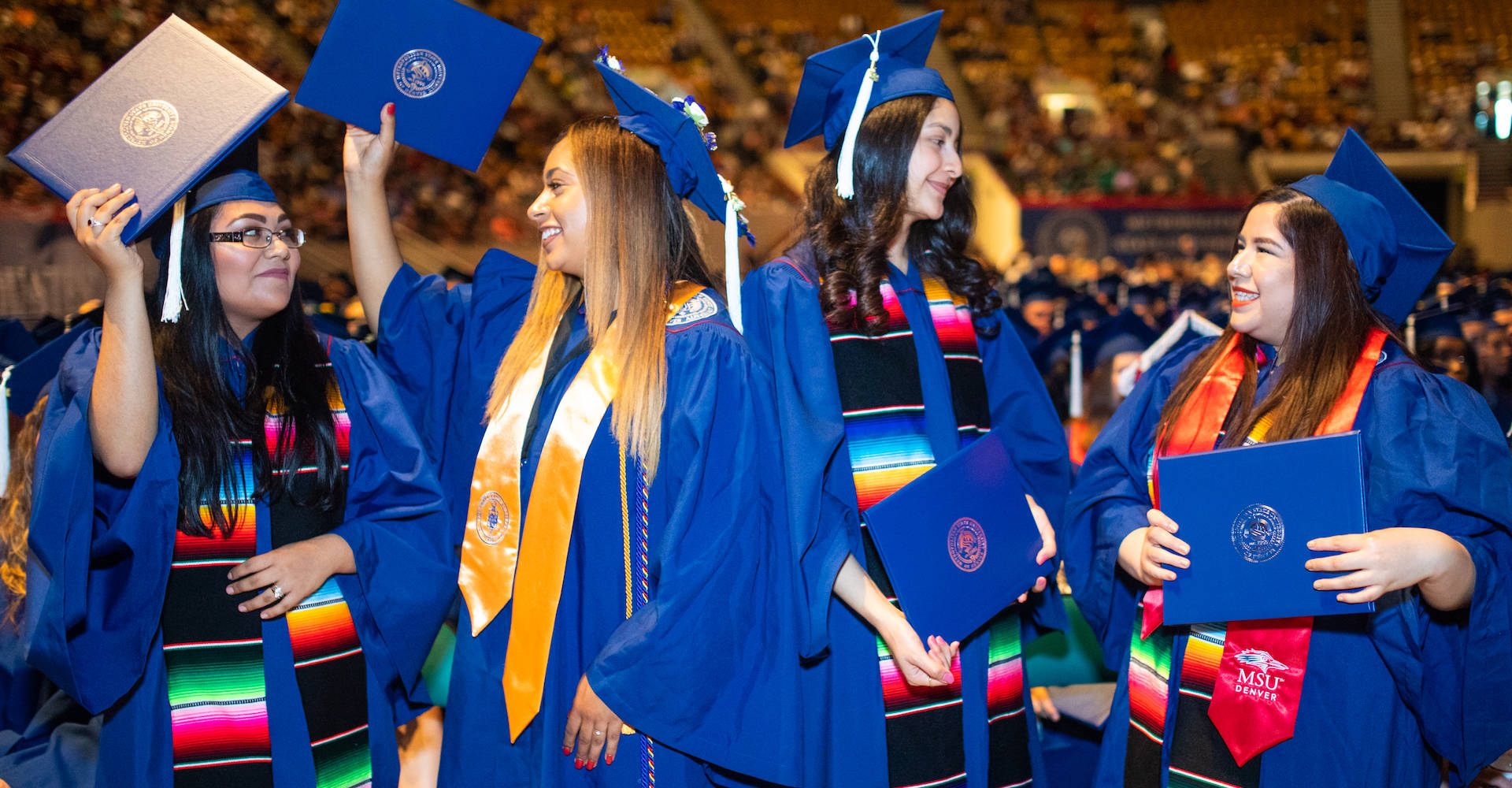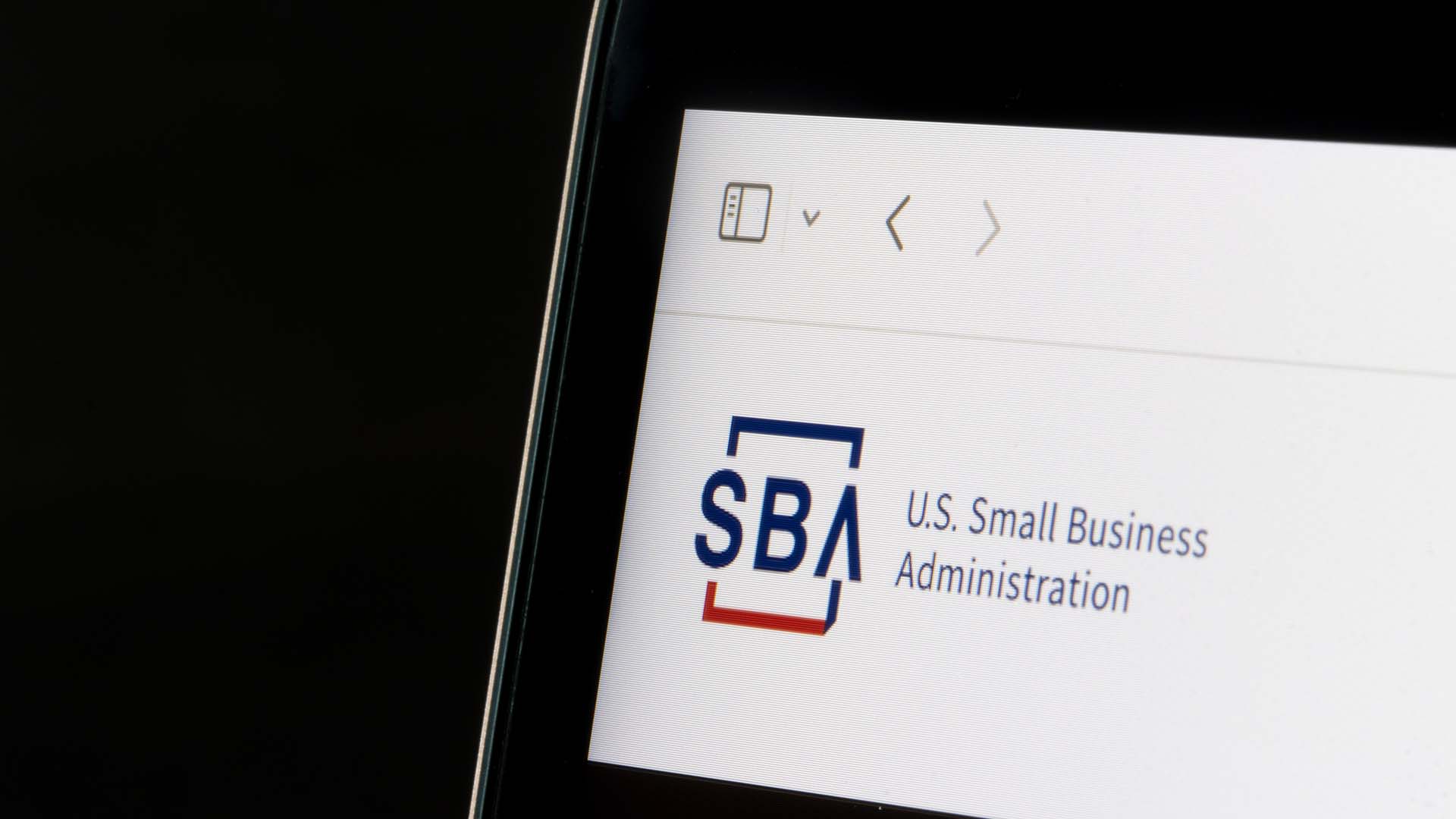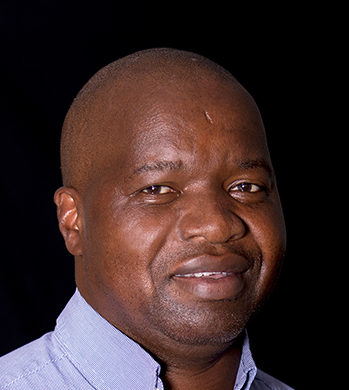A good investment
A new report outlines the rising value of a college degree in Colorado's booming economy.

The numbers are in: Higher education is a good investment.
The Colorado Department of Higher Education on Tuesday released its first-ever return-on-investment report, “Colorado Rises: Maximizing Value for Students and Our State.” It presents data showing student debt leveling off and wages growing for college graduates in Colorado.
“For years, we’ve been hearing these statistics – ‘Oh, if you have a college degree, you earn a million more (dollars) over your lifetime,’” said Gov. Jared Polis, referencing oft-cited research from the Social Security Administration. “What this report does is really drills down on that … based on real data.”
The data show median wage outcomes for different types of degrees (certificate, associate’s and bachelor’s), different majors and different time frames (one, five and 10 years after graduation), all based on numbers from Colorado graduates and institutions. On average, those with a bachelor’s degree see their income grow by 62% in the decade after graduation.
“What you study makes a big difference. Of course, students should pursue their passions first and foremost, but you also want to make sure that the numbers are balanced and that you’re able to service your college debt and (ensure) that this is a good investment for you,” Polis said. “The good news is, higher education is a good investment no matter what field you choose.”

The report, part of a new annual initiative mandated by the Higher Education Review Degree Program Costs and Outcomes legislation passed in 2018, was released at a news conference at the Capitol with Polis and CDHE Executive Director Angie Paccione.
Higher education provides more than just a financial benefit for graduates, Paccione said, listing all the statistical benefits for those who finish a college degree or credential: better health outcomes, longer life expectancy, less interaction with the criminal-justice system, less reliability on government assistance and more civic engagement.
“There is great value in completing a postsecondary degree,” she said. “It doesn’t always have to do with how much (money) you make. It also has to do with social mobility.”
Most Colorado jobs require a college degree
One reason the state is closely examining the value of college is the necessity for Coloradans to have a degree to enter the state’s workforce.
Over the past 10 years, the unemployment rate for Americans with only a high school diploma has been twice as high as the rate for those with a bachelor’s degree. But Colorado has one of the most advanced workforces in the country, as emphasized in the Colorado Commission on Higher Education’s 2017 master plan “Colorado Rises: Advancing Education and Talent Development.”
Nearly 75% of jobs in Colorado will require some education beyond high school by 2020, tied for second-most among U.S. states, but just 55% of Colorado adults have a degree or certificate, Polis said Tuesday. That means many Coloradans are underqualified for the jobs of the near future, while employers are forced to import workers from other states.
Breaking down barriers
The state master plan maps a path toward 66% credential attainment by Colorado adults by 2025. Achieving that goal depends largely on erasing equity gaps – the plan identifies low attainment rates for people of color and students from low-income families, who are most hindered by the rising costs of college.
Their struggle is one that Metropolitan State University of Denver student Sharai Conde understands personally.
“Unfortunately, for too many first-generation students like me, a college degree is a luxury with many barriers that make it hard for us to get across the finish line toward graduation without failing a few times, which is why some don’t even try,” the political-science major said at the press conference.

About half of all Roadrunners are first-generation students, and more Latino students (5,469) attended MSU Denver last year than any other higher-education institution in Colorado.
Just 29% of Latino Coloradans have a college degree, while white Coloradans have a 64 percent attainment rate, according to the U.S. Census Bureau. Those figures represent the second-largest attainment gap between Latino and white adults among the states.
Conde said she doesn’t want to become another statistic.
Her mother dropped out of school in sixth grade to support her family, then as a teenager emigrated from Mexico to Colorado where she became a single mother. Although she worked full time, without a college degree she didn’t make enough money to afford baby formula some days, Conde said.
“Her story drives me to continue pursuing a college degree,” she said. “I’m doing all I can to achieve my dream of earning a college degree and will not stop until I achieve it because I see the immense value of having knowledge. It’s what will open new doors for me, but I also know that there should be more support and resources to help students like me earn a degree.”
Digging into student debt
While the published “sticker price” at four-year institutions has grown by 32% across the U.S. and by 68% in Colorado since the 2008 recession, the CDHE report found that a college degree still remains a good investment.
States drastically cut higher-education budgets – 24% nationally in the three years after the Great Recession – and Colorado is 47th in the country in higher-education funding, with current appropriations still 11% below prerecession levels. The cuts forced colleges and universities to raise tuition and place more burden on students. Among the state’s largest colleges, MSU Denver offers the lowest tuition.
Low funding levels haven’t, however, produced surging student-loan debt for Colorado graduates, according to the report.
Debt among graduates of Colorado’s public institutions has declined by 5% in the past five years among those who attended four-year schools, according to CDHE.
CDHE’s return-on-investment report compares student loans favorably to auto-loan debt, which has been growing for nearly a decade. Each type of debt makes up about one-tenth of American debt, but while automobiles can lose 15% of their value annually, the salary of a college graduate appreciates more than 4% each year for more than a decade.
Last year, 69% of bachelor’s degree graduates in Colorado finished school with debt. Those who do owe averaged $25,500 in loans. At MSU Denver, 73% of 2018 graduates finished with debt, but those alumni owe closer to $18,700 on average.
While free college and student-loan forgiveness have become hot topics during the presidential campaign season, there have been no such televised debates on automobile loans – nearly as common a form of debt and arguably a worse investment for American consumers.
The key word in the debt conversation is “graduate.” Those who take on student loans but don’t finish their degrees don’t gain the economic advantages that make higher education a worthy investment. While less than 10% of college graduates default on their student loans, 24% of those who don’t finish school default on loans, according to the CDHE report.
“We need a greater emphasis not just on getting into school but also getting out of school,” Polis said.







